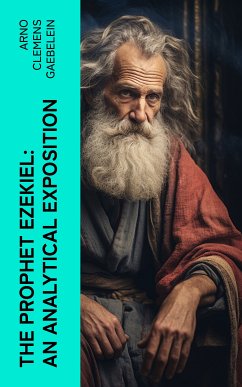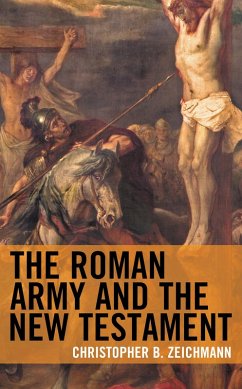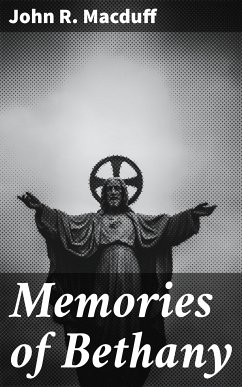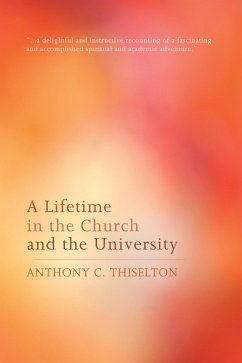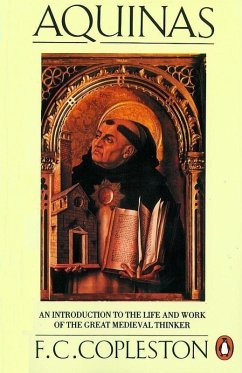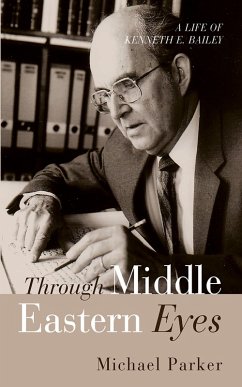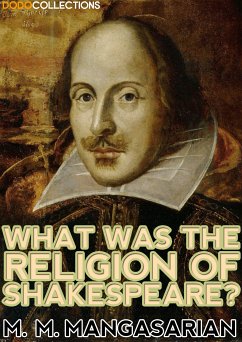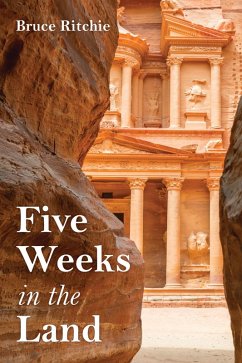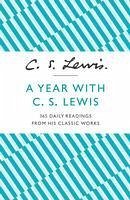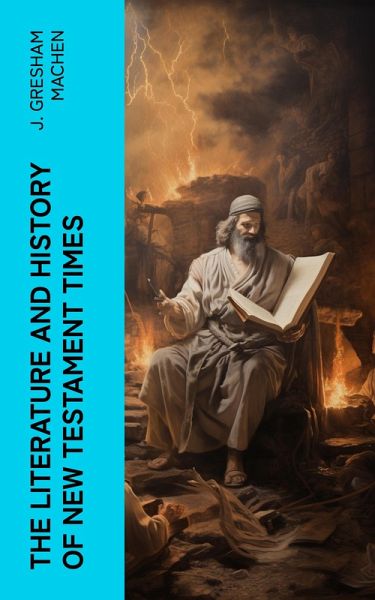
The Literature and History of New Testament Times (eBook, ePUB)

PAYBACK Punkte
0 °P sammeln!
This book is a course to introduce students to Christianity. The general purpose of this course has been clarified in the introduction to the student textbook. The modern church has a tendency to ignore the study of biblical history. Such negligence will inevitably lead to the loss of power. The gospel is a record of what has happened, and uncertainty about the gospel is a fatal weakness. For teachers and students, the most fundamental thing is to understand the facts of the Bible in an orderly manner.
Dieser Download kann aus rechtlichen Gründen nur mit Rechnungsadresse in A, B, BG, CY, CZ, D, DK, EW, E, FIN, F, GR, H, IRL, I, LT, L, LR, M, NL, PL, P, R, S, SLO, SK ausgeliefert werden.




